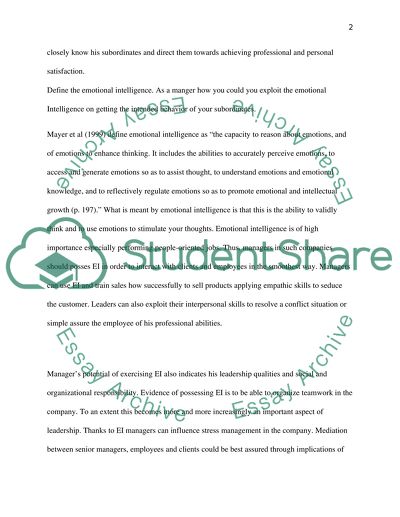The emotional intelligence, organizational practices of the attitude, Essay. Retrieved from https://studentshare.org/miscellaneous/1525947-the-emotional-intelligence-organizational-practices-of-the-attitude-and-expectancy-theory
The Emotional Intelligence, Organizational Practices of the Attitude, Essay. https://studentshare.org/miscellaneous/1525947-the-emotional-intelligence-organizational-practices-of-the-attitude-and-expectancy-theory.


